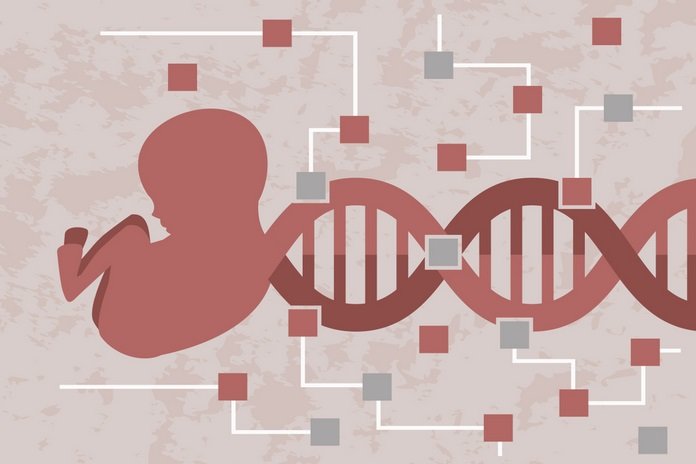Bloom Syndrome

Bloom syndrome is said to be caused by alterations in the BLM gene. The BLM gene is necessary for the formation of a protein that is used to stabilize the DNA as the division of cells occurs. In the absence of this protein, the DNA can become damaged, which can progress to the formation of cancer. The individuals who are diagnosed with Bloom syndrome are at an increased risk of having squamous cell type of esophageal cancer, as well as AML, ALL, and other types of cancers that involve the lymph system. For this type of syndrome, a mutated gene is normally inherited from the mother as well as the father, not just one.
Fanconi anemia is an infrequent type of syndrome that is concerned with abnormal genes that are unable to repair the DNA which has been damaged. Mutations occurring in specific FANC genes can embark on an increased risk of several types of cancers which also include AML and squamous cell type of esophageal cancer. Familial Barrett’s Esophagus is a type of syndrome which consists of families that have Barrett’s esophagus as well as adenocarcinoma of the esophagus and the junction of gastro-esophagus. The genes which are definitely related to this are still under study.
Moreover, special genetic tests help in finding some of the mutations of the gene associated with these inherited syndromes. If the person has a family history of cancer of the esophagus or other symptoms related to these syndromes, they may want to ask their doctor for genetic counseling and genetic testing-related questions. The Society of American Cancer recommends an explanation of genetic testing by a qualified professional of cancer genetic before doing any genetic testing.
Acquired gene mutations: Most mutations in genes that develop into cancer are the mutations that have been acquired. They take place during the lifetime of the person and are not passed on to the next generation. In most cases of cancer of the esophagus, the mutations of the DNA that develop into cancer occur during the life of the individual rather than having been passed on from his parents.
